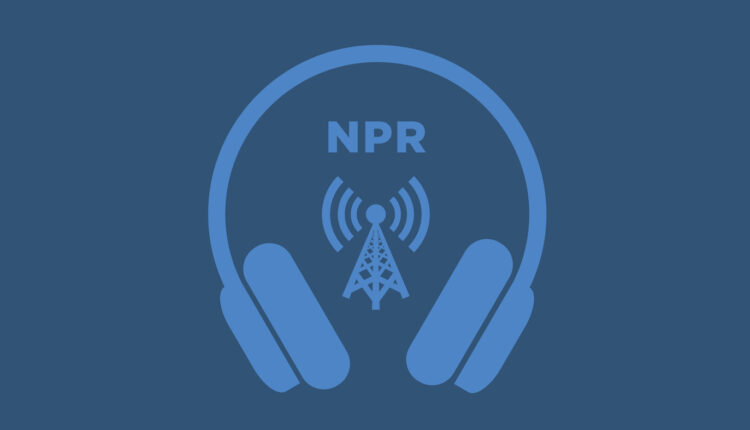Snow days could be a thing of the past with virtual classes: NPR
EYDER PERALTA, HOST:
A long school tradition emerges. More and more school districts are foregoing snow days. Instead of giving the children the day off, let them study from home. Kate Grumke of St. Louis Public Radio reports.
KATE GRUMKE, BYLINE: In states with snow, the dark winter days had a fun side for some students and teachers – possible snow days if school is down.
(SOUNDBITE OF PEOPLE SLEDGING)
GRUMKE: In St. Louis, snow days used to sound like that for the Obermark family.
(SOUNDBITE OF PEOPLE SLEDGING)
GRUMKE: But the family’s school district is one of the few here this year that doesn’t plan on traditional snow days. Instead, Carter Obermark is expected to log into his fourth grade and study from home.
Carter OBERMARK: By the time we’re done, it’ll probably be dark outside and we can’t play in the snow.
GRUMKE: Carter’s mother, Lauren Obermark, is nostalgic about the change.
LAUREN OBERMARK: I don’t know why we should make a decision that feels like we’re being punished.
GRUMKE: That happens all over the country. Last year, nearly 40% of school officials said their district turned snow days into virtual learning days. This year school officials announced that they would end the traditional snowy days in New York City, Naperville, Illinois, and Provo City, Utah, among others. Other districts have a mix of snow days and online lessons.
Dan Domenech, director of the American Association of School Administrators, says this is a growing trend.
DAN DOMENECH: And I think that the pandemic and the acceleration and improvement of distance learning is now causing schools to view the school calendar very differently and basically viewing learning as something that can happen anytime, anywhere.
UNIDENTIFIED PERSON: Rethinking Spinosaurus.
GRUMKE: Denean Steward is the Assistant Superintendent of Curriculum and Instruction in the Ritenour School District, suburban St. Louis. She scrolls through a virtual classroom with a list of students represented by symbols such as a horse, a tiger, and a dinosaur.
DENEAN STEWARD: Yes, you chose that. So that also captivates the student (laughter).
GRUMKE: Steward says there is an advantage in doing away with traditional snow days. For example, students do not have to make up any days at the end of the year. Steward also says that after several years of learning losses, students really need to keep up with school.
STEWARD: So it was very important to make sure we use this every day as an opportunity to learn as much as possible.
GRUMKE: Kristina Erby-Carr teaches first grade in Stewards Ward and notes that virtual teaching is much better today than it was when the pandemic started. She says the virtual snow day schedule they adopt is shorter and still leaves kids time to play outdoors. Last year she even found ways to incorporate snow into virtual lessons.
KRISTINA ERBY-CARR: We had a virtual snowball fight and the kids loved it. So we took paper and we balled it up and threw it on the screen (laughter). So just try to make sure it’s fun so the kids don’t feel like they’re missing out.
GRUMKE: Emily Hubbard’s four children attend St. Louis public schools. She understands the pressure to keep learning, but still laments the loss of snow days.
EMILY HUBBARD: I just think you lose a lot for the teachers, for the families, if you don’t get this element of surprise.
GRUMKE: Hubbard’s son Jonas said that virtual learning went well for him in fifth grade, but he’s still not happy with that change.
JONAS HUBBARD: I was sad because I like to play on snowy days. But when they’re virtual, you don’t have time to play.
GRUMKE: Jonas says that if it becomes a permanent shift, he has decided that he just won’t tell younger children about the snowy days so they don’t know what they’re missing out on.
For NPR News, I’m Kate Grumke.
Copyright © 2021 NPR. All rights reserved. For more information, see the Terms of Use and Permissions pages on our website at www.npr.org.
NPR transcripts are created by Verb8tm, Inc., an NPR contractor, on a deadline basis and created using a proprietary transcription process developed with NPR. This text may not be in its final form and may be updated or revised in the future. Accuracy and availability may vary. The authoritative record of NPR programming is the audio recording.



Comments are closed.